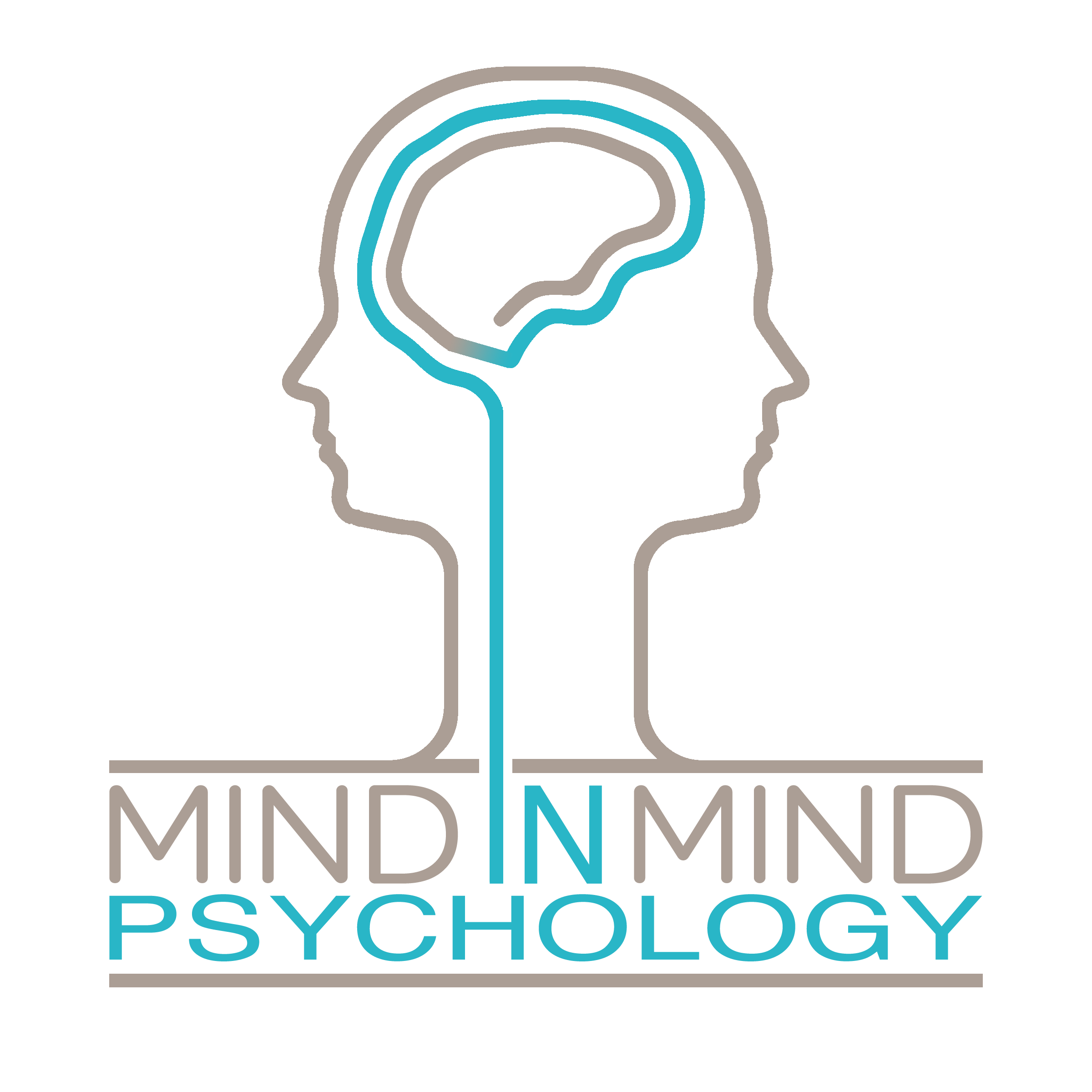Neurodivergence in Adults: Should I Get an Assessment?
Exploring Late Diagnosis of Autism and ADHD in Adults
It’s not uncommon for adults to begin asking questions about their own neurodivergence later in life. Often, this starts when they notice signs in their children and begin reflecting on their own childhood experiences. For others, it’s the result of years of feeling misunderstood, overwhelmed, or just different.
Whether it’s ADHD, autism, or another form of neurodivergence, gaining a better understanding of your brain can be both validating and life-changing.
Why Some Adults Are Only Just Getting Diagnosed
Many neurodivergent adults grew up without access to the knowledge or language to explain what they were going through. As a result, they were sometimes misdiagnosed with anxiety, depression, OCD, or borderline personality disorder. Others may have internalised comments like “lazy,” “too sensitive,” or “weird” and carried those labels into adulthood.
Understanding your neurotype later in life can bring a sense of relief and clarity. It can explain lifelong challenges and help reduce the shame or confusion that often comes with being undiagnosed.
Is Getting an Assessment Worth It?
Pros and Cons of Adult Autism and ADHD Assessments
Pros
1. Self-Understanding and Validation
Helps explain lifelong challenges and traits
Offers relief from previous misdiagnoses
Normalises experience and reduces shame or self-blame
2. Access to Supports and Accommodations
May open up NDIS eligibility (especially for autism)
Enables access to workplace or study adjustments
Supports appropriate psychological or psychiatric care
3. Improved Mental Health
Many feel less anxious after receiving a diagnosis
Can improve coping skills and treatment planning
4. Better Relationships
Helps with communication and mutual understanding
Builds empathy with partners, family, and colleagues
5. Empowerment Through Knowledge
Helps with self-advocacy
Encourages connection with neurodivergent communities
Cons
1. Cost and Accessibility
Assessments can be expensive
Long waitlists for autism assessments
Not usually covered by Medicare
2. Limited Specialist Availability
Not all clinicians are experienced with adult diagnoses
Especially limited for women, non-binary people, or those with co-occurring conditions
3. Emotional Impact
May trigger grief or regret over a late diagnosis
Some may feel invalidated if they don't meet diagnostic criteria
4. Stigma or Misunderstanding
Risk of being misunderstood by others
Hesitation to disclose diagnosis in the workplace
5. No Guaranteed Access to Services
Diagnosis doesn’t always mean immediate support
Navigating systems like NDIS can still be complex
What Do Screening Look Like?
A clinician may ask questions such as:
For ADHD
Do you often feel like your mind is racing or jumping between thoughts?
Do you find it hard to finish tasks unless they are urgent or interesting?
Have you struggled with organisation or remembering appointments?
Do you feel easily overwhelmed by tasks or decisions?
For Autism
Do you feel like you're performing in social situations?
Are you sensitive to sound, lights, or clothing textures?
Do you feel distressed when your routines are interrupted?
Have you always felt different or struggled to fit in?
Resources to Explore
Organisations
Podcasts
The Neurodivergent Woman
The Neurodivergent Mind
The ADHD Adults Podcast
Square Peg Podcast
ADHD Essentials
Books
Unmasking Autism
ADHD 2.0
Your Brain’s Not Broken
Divergent Mind
You Are Not Alone
Getting an assessment is a personal choice. At Mind in Mind Psychology, we offer adult autism and ADHD assessments, and support from psychologists who understand trauma and neurodiversity.
You don’t need to have everything figured out to reach out. We’re here to listen, guide, and support.
Written by Dr. Jennifer Menon, Clinical Psychologist
BA (Psych), DipPsych, DClinPsych, MAPS

